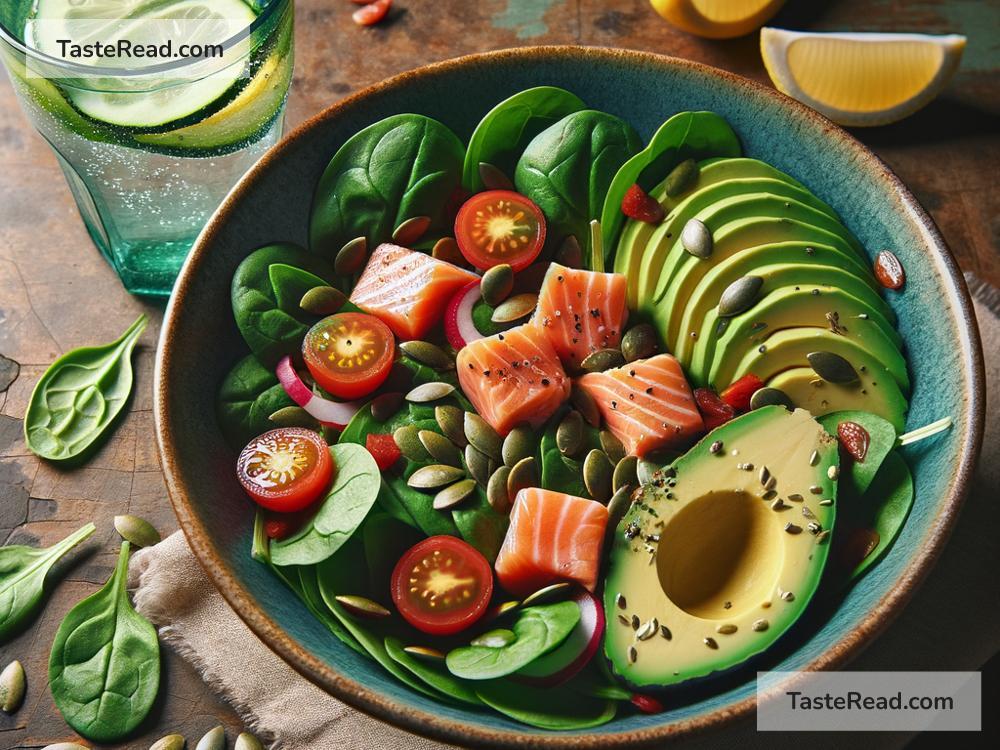Foods That Reduce Risk of Muscle Strain: Keep Your Body Strong and Healthy
Muscle strain is a common problem that many people experience. Whether you’re an athlete, someone who exercises regularly, or simply moving furniture around the house, muscle strain can happen. It occurs when your muscles are overstretched or torn, which can cause pain, weakness, and discomfort. The good news is that you can reduce the risk of muscle strain by eating the right foods. A balanced diet can help keep your muscles strong, flexible, and less prone to injury.
In this blog post, we’ll explore foods that may help reduce the risk of muscle strain and improve your overall muscle health.
1. Protein-Rich Foods
Proteins are the building blocks of muscles. They help repair muscle tissue and promote muscle growth while keeping them strong and healthy. Insufficient protein in your diet can make your muscles weaker and slower to heal, which increases your risk of strain.
Here are some protein-rich foods to include in your diet:
– Lean Meats: Chicken, turkey, and lean beef are fantastic sources of protein.
– Fish: Salmon, tuna, and mackerel are great options since they also contain omega-3 fatty acids that reduce inflammation.
– Eggs: Eggs are a complete protein with all the essential amino acids your muscles need.
– Plant-Based Options: Lentils, chickpeas, tofu, and quinoa are excellent choices for vegetarians and vegans.
Tip: Aim for a balanced portion of protein in your meals, as overeating protein can have unwanted side effects.
2. Foods Rich in Potassium
Potassium is a mineral that plays a key role in muscle function and contraction. It helps prevent muscle cramps and reduces the risk of strain by maintaining proper fluid balance and nerve signals in the body.
Potassium-rich foods you can try:
– Bananas: Known as one of the easiest sources of potassium, bananas are great for providing quick energy and preventing cramps.
– Sweet Potatoes: Packed with both potassium and vitamins, sweet potatoes are a nutrient-dense food your muscles will love.
– Avocado: In addition to potassium, avocados provide healthy fats that promote long-term muscle health.
– Spinach: A handful of spinach in your smoothie or salad can boost potassium levels significantly.
3. Magnesium-Rich Foods
Magnesium is another important mineral for muscle health. It helps your muscles relax after exercise, preventing tightness and potential strain. Magnesium also reduces inflammation, which can protect your muscles from injury over time.
Some magnesium-rich options include:
– Nuts and Seeds: Almonds, cashews, pumpkin seeds, and sunflower seeds are great sources of magnesium.
– Whole Grains: Brown rice, oatmeal, and quinoa contain magnesium and help keep you energized.
– Dark Chocolate: A small piece of dark chocolate (70% cocoa or more) can deliver magnesium and is a satisfying treat.
– Legumes: Lentils, black beans, and chickpeas provide magnesium and protein for muscle repair.
4. Anti-Inflammatory Foods
Inflammation can make your muscles weak and more prone to strain. Eating foods that fight inflammation can protect your muscles and help them recover faster after physical activity.
Some anti-inflammatory foods to add to your diet:
– Fatty Fish: As mentioned earlier, salmon and tuna contain omega-3 fatty acids that combat inflammation.
– Berries: Blueberries, strawberries, and raspberries are loaded with antioxidants that reduce inflammation.
– Turmeric: This spice contains curcumin, a compound known for its strong anti-inflammatory properties. Add turmeric to soups, smoothies, or curries for a muscle-health boost.
– Ginger: Ginger reduces pain and inflammation and can be used in teas, stir-fries, or fresh juices.
5. Hydrating Foods
Dehydration can cause muscle cramps and increase your risk of strain. Along with drinking water, eating hydrating foods can help your muscles stay flexible and prevent injury.
Choose these hydrating options:
– Cucumbers: With a high water content, cucumbers are refreshing and great for hydration.
– Watermelon: This fruit is not only hydrating but also packed with vitamins that promote muscle recovery.
– Celery: Celery is full of water and electrolytes that help regulate muscle function.
– Oranges: The vitamin C in oranges also promotes tissue repair while keeping you hydrated.
6. Calcium-Rich Foods
Calcium is essential for strong bones and muscle contraction. Without enough calcium, your muscles may become weaker and struggle to recover after intense activity.
Foods high in calcium include:
– Dairy Products: Milk, yogurt, and cheese are classic sources of calcium.
– Leafy Greens: Kale, collard greens, and broccoli have notable amounts of calcium.
– Fortified Foods: Many plant-based milks (like almond or soy milk) are fortified with calcium for those avoiding dairy.
– Sesame Seeds: Sprinkle some sesame seeds on your meals for a nutritional boost.
Conclusion
Preventing muscle strain is not just about stretching or warming up before physical activity—it’s also about fueling your body with the right nutrients. Protein, potassium, magnesium, anti-inflammatory foods, hydration, and calcium all play vital roles in keeping your muscles strong, flexible, and healthy.
Make sure to eat a varied diet filled with fresh fruits, vegetables, lean meats, whole grains, and healthy fats. Small changes in your daily meals can lead to big results when it comes to reducing your risk of muscle strain. Pair your healthy eating habits with proper hydration, regular exercise, and enough rest, and your muscles will thank you.
By taking care of your muscles today, you’ll be able to enjoy an active and strain-free future!

